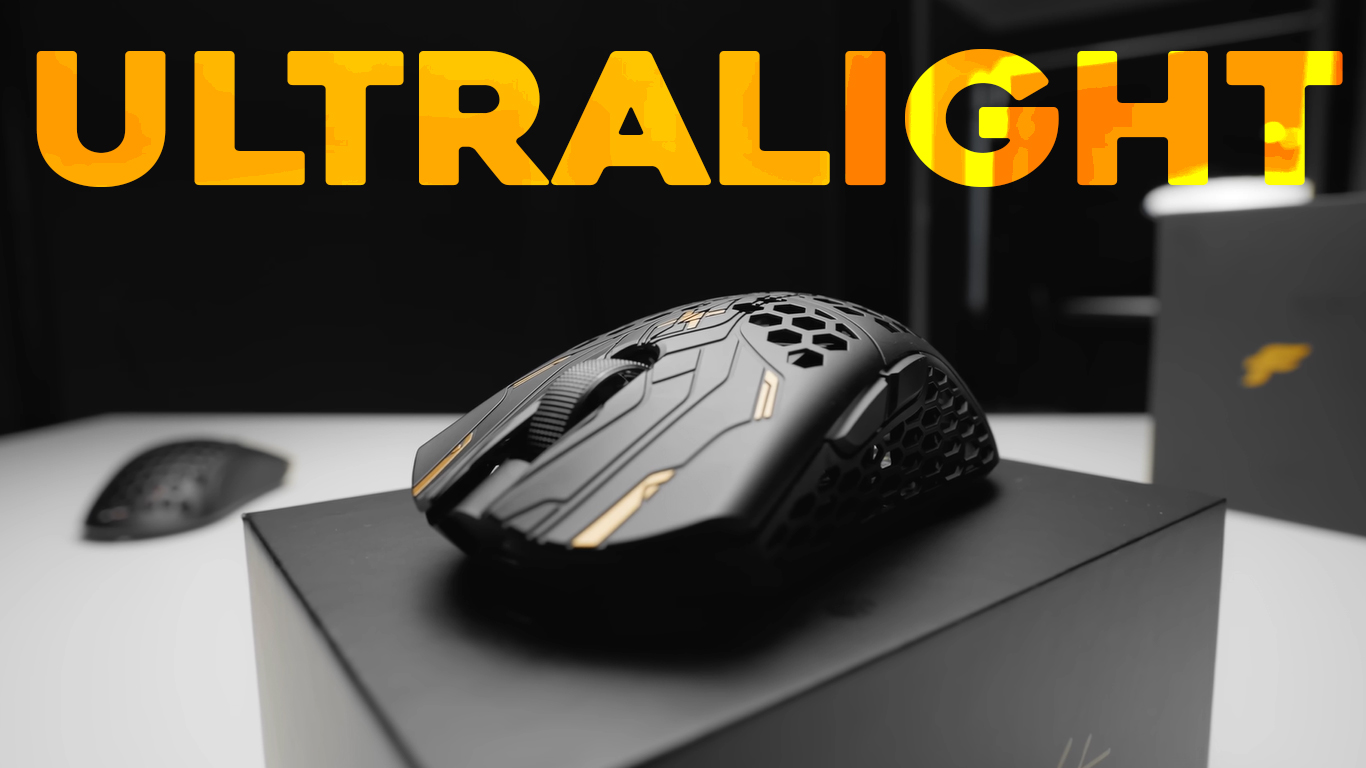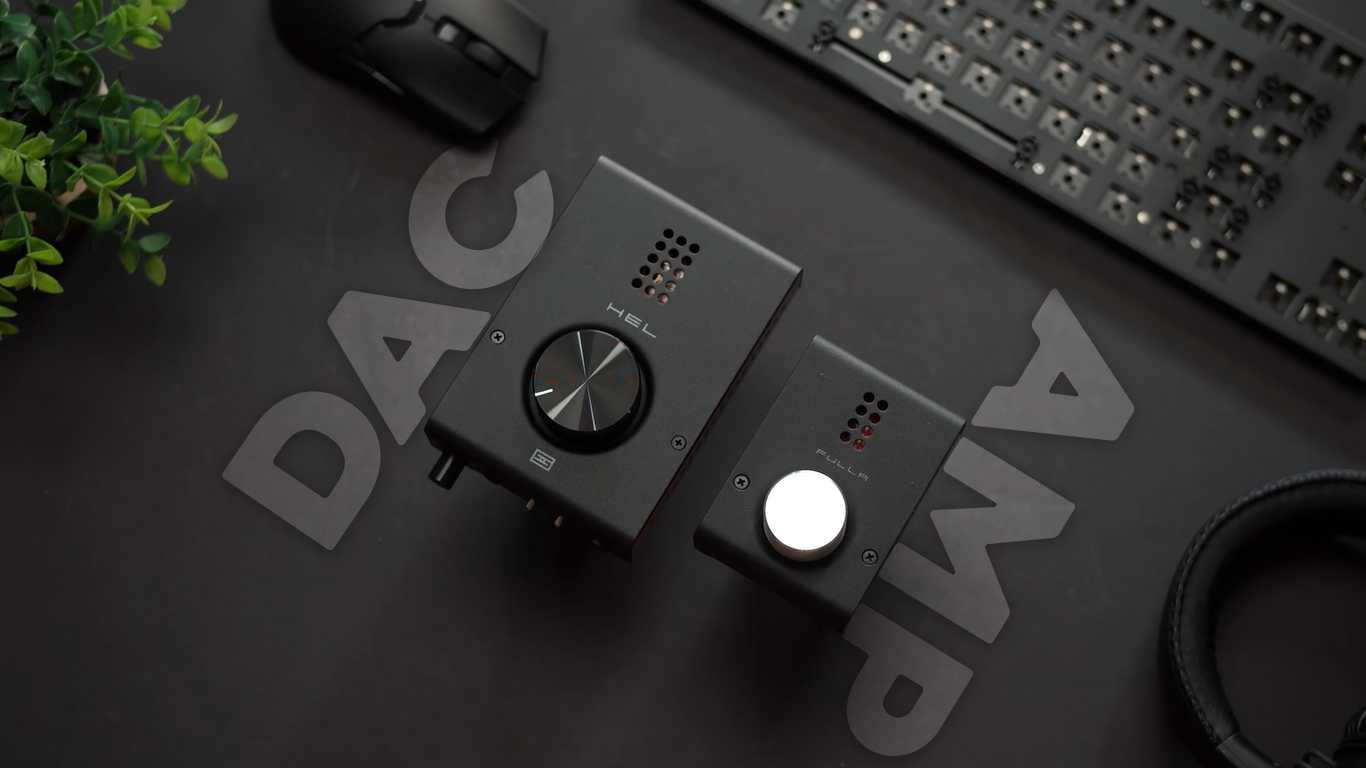- 120mm AIOs are a bad purchase for your PC build in most case scenarios, as air coolers not only tend to be cheaper but also better performing.
- Air coolers are also potentially better in terms of ease of installation and longevity.
- I would only recommend a 120mm AIO if you’re looking for the best performance for your small form factor (SFF) and can spare no expense.
AIO coolers have held a dominant position in the PC market for years now, replacing traditional air coolers for many. While the debate on air coolers vs AIO tells us that each has its pros and cons, AIO coolers are generally known for better performance, especially with radiator sizes having reached a towering 420mm. One category of AIO coolers that isn’t discussed often is 120mm AIOs, and well, rightfully so.
Why 120mm AIO Is The Most Useless Component To Buy
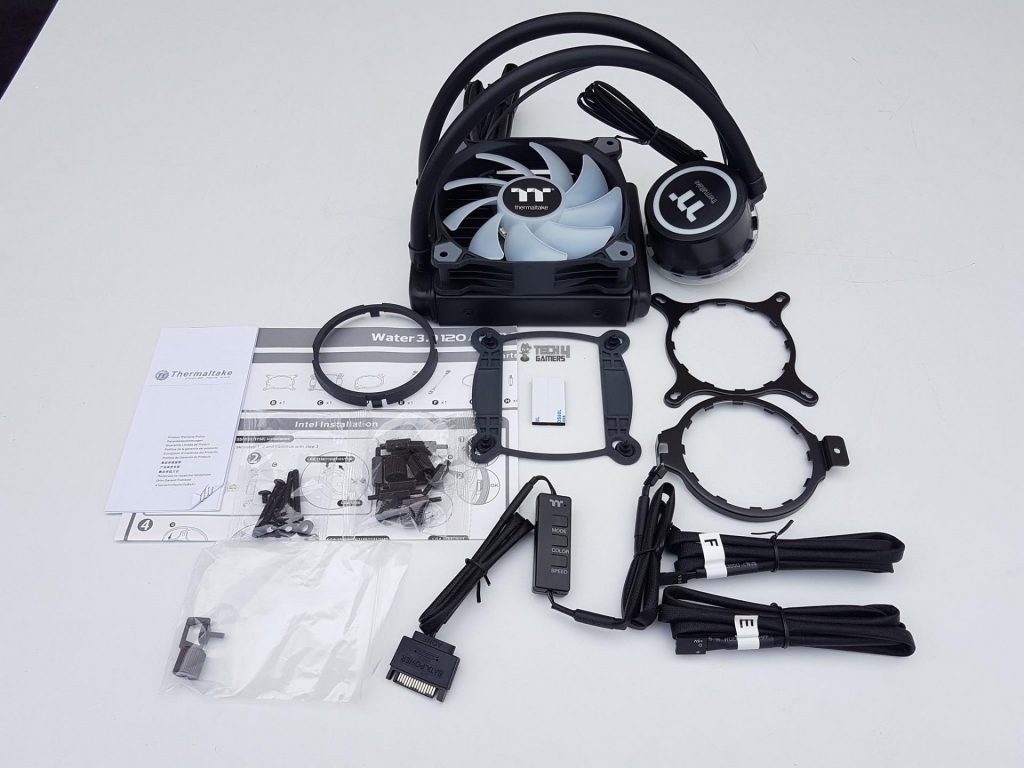
120mm all-in-one coolers come with all the charm and bling of larger AIOs (240mm, 280mm, and so on) but with compact radiators that fit a 120mm fan. This is particularly why they struggle to hold a good position in the market. In fact, series like Arctic’s 120mm Liquid Freezer II have been retired due to lack of demand, as most gamers believe that air coolers provide much better value.
They Don’t Exactly Offer The Best Value
One of the long-running arguments in comparing 120mm AIOs to air coolers is that all-in-one coolers show worse performance per dollar. Even though I have seen some competitive 120mm AIOs enter the market in the past few years, they just cost too much.
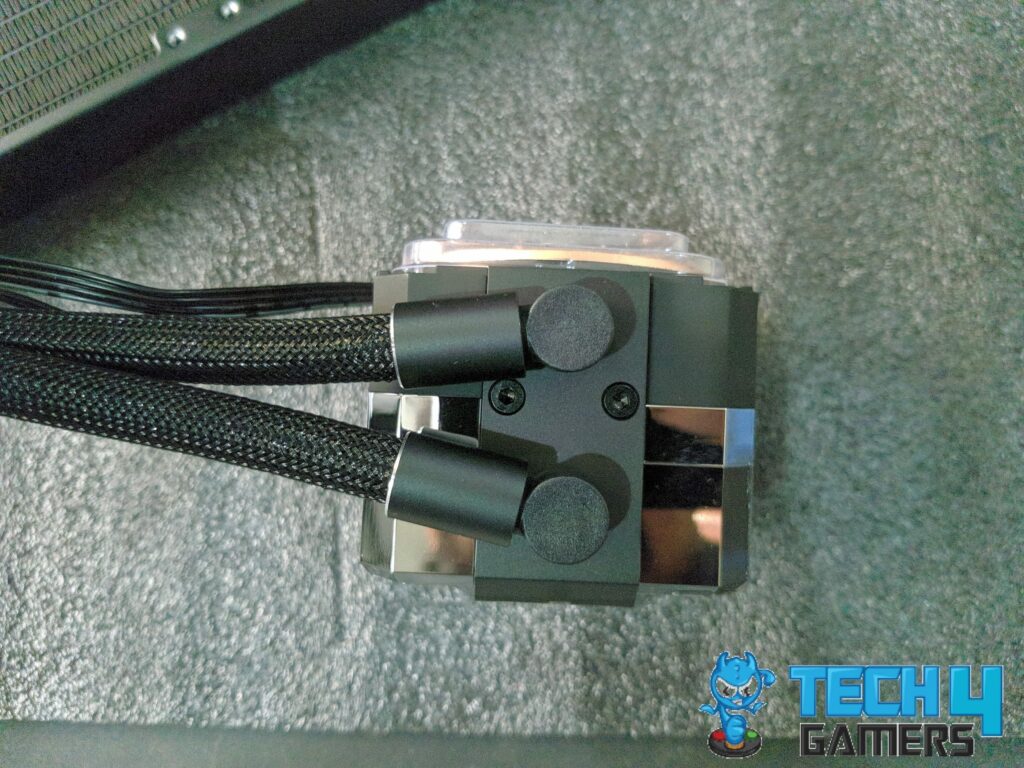
Since they carry all the parts (pump, tubes, water block) that bigger AIOs do, the cost to manufacture them is quite significant, and a smaller radiator can’t make up for it. In contrast, air coolers are cheaper to manufacture, consisting of just a fan, a heatsink, and heat pipes.
Performance Can’t Hold Up
With such a small radiator size, 120mm AIOs are limited by the surface area available for heat dissipation. Thus, they can only rely on factors like thicker radiators (which affect clearance) and a push-pull configuration (which affects clearance, increases cost, and doesn’t improve performance much). They also need to be run at higher speeds under loads, with comparable air coolers typically being much quieter.
In contrast, big air coolers, with large heatsinks providing plenty of area to transfer heat, have a significant advantage, and most of these big air coolers are super-affordable as well.
Even In The Compact CPU Coolers Arena, They’re Not Very Competitive
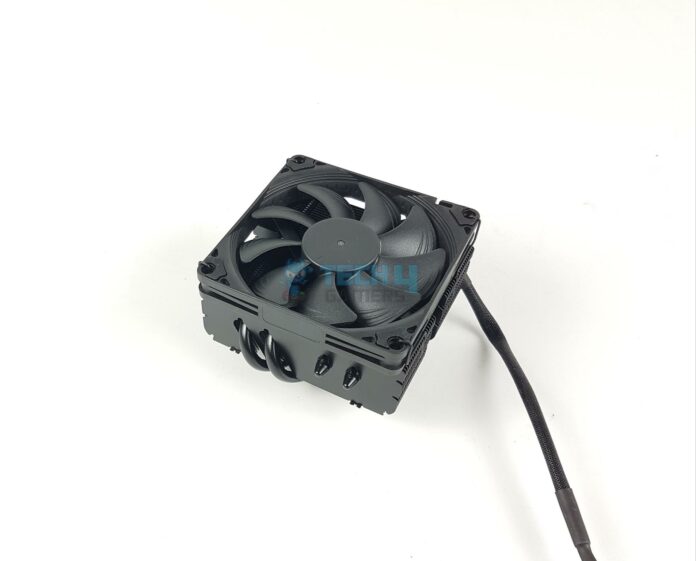
120mm AIOs tend to have an advantage over low-profile air coolers: they directly dissipate heat out of the case, compared to air coolers that rely on internal airflow. However, most small form factor (SFF) cases are wide enough and support at least 3x fans for good airflow, so low-profile air coolers tend to do quite well.
Granted, most 120mm AIOs are still better than low-profile air coolers, but the pricing argument comes back into play. Low-profile coolers are typically cheaper than large tower air coolers, which can already be cheaper than 120mm AIOs, depending on the ones you compare.
They Come With The Other Difficulties Of Typical AIOs, Too
On top of this, 120mm AIOs suffer from the same issues that plague their larger counterparts, such as potential pump failures, leaks, and the need for periodic maintenance. However, while the larger AIOs redeem these issues with improved performance, the limited surface area of a 120mm radiator restricts heat dissipation, resulting in cooling efficiency that often falls short of even high-quality air coolers.
This makes 120mm AIOs a particularly poor choice, as they inherit all the complexities and risks of liquid cooling systems without delivering the superior thermal performance that justifies those downsides. Consequently, they often fail to provide a meaningful advantage over more reliable and efficient cooling solutions.
Don’t Buy A 120mm AIO, Unless..
120mm AIOs have never been very popular in the PC gaming market, and it’s not hard to understand why. They can’t beat air coolers, whether in price or performance, so they are just bad value. Air coolers, whether tower or low-profile, tend to be more suitable depending on the specific case scenario.
The only case where I’d recommend a 120mm AIO is if you’re building a small form factor PC and want the best cooling performance. In that case, a 120mm AIO would be the right option, but you won’t get the best value, of course.
Thank you! Please share your positive feedback. 🔋
How could we improve this post? Please Help us. 😔
[CPU Coolers & RAM Expert]
Hayyan Serwer is a tech enthusiast, with a love for PC building and article writing. Hayyan specializes in writing about CPU coolers and RAM kits. Hayyan has been familiar with the tech industry for over half a decade now, and has now stepped into providing quality reviews for the latest and greatest tech.
Get In Touch: hayyan@tech4gamers.com


 Threads
Threads